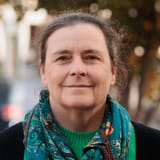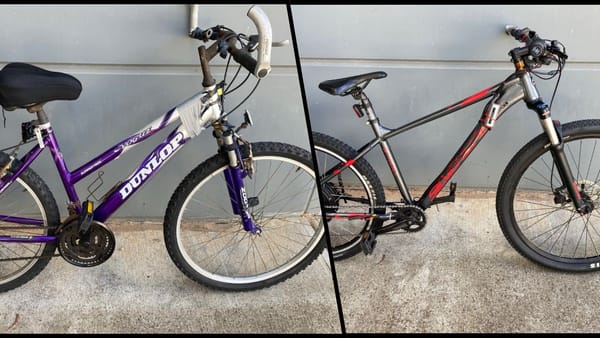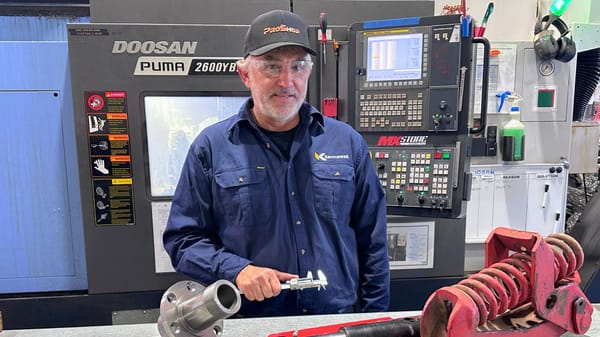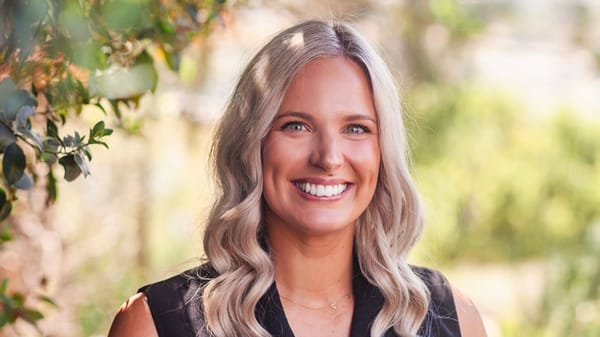Domestic violence survivors honoured at Reclaim the Night march
The community gathered at Edwards Square last Friday for the first Reclaim the Night march in Murray Bridge.
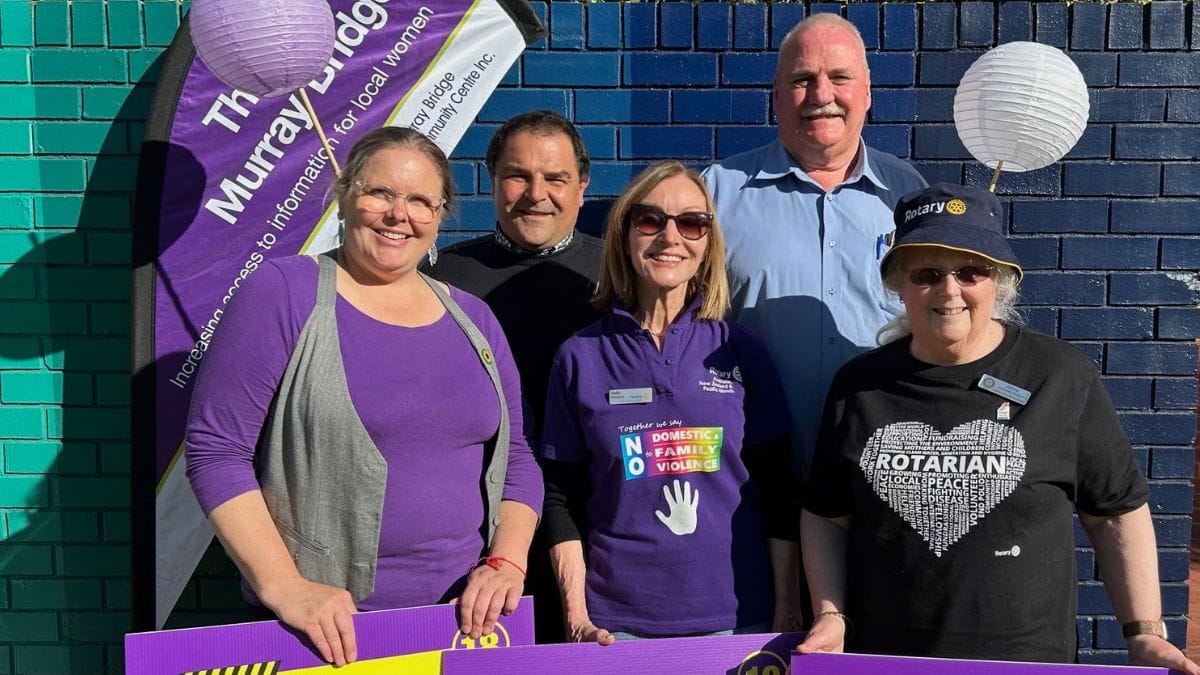
This story is free to read. Help Murray Bridge News tell more stories like this by subscribing today.
Every four days, an Australian woman is killed as the result of an act of family or domestic violence.
This sobering statistic was one of the reasons for holding a Reclaim the Night event in Murray Bridge on Friday.
The Haven community partner and co-event organiser, Helen Mattick, had been keen to start the event since she was 16, when she attended her first Reclaim the Night march in Adelaide with her mum and friends.
"The march that night felt very empowering and it was great for a kid from
the country to experience that," she said.
The march was a reminder of all those whose voices, and lives, had been silenced.
More than 30 women and men joined survivors, friends and family to show their support for this plague, which speakers said primarily affected women and children and was largely perpetrated by men who were known to them.
Speakers included federal MP Tony Pasin, state MP Adrian Pederick and emcee and co-organiser Samara O’Toole, from the Murray Bridge council.
They all expressed their anger and sadness at the continued rates of domestic and family violence in our community.
This was followed by a short march and a magnificent barbecue provided by the Rotary Club of Murray Bridge, who are major supporters of ending violence in the community.
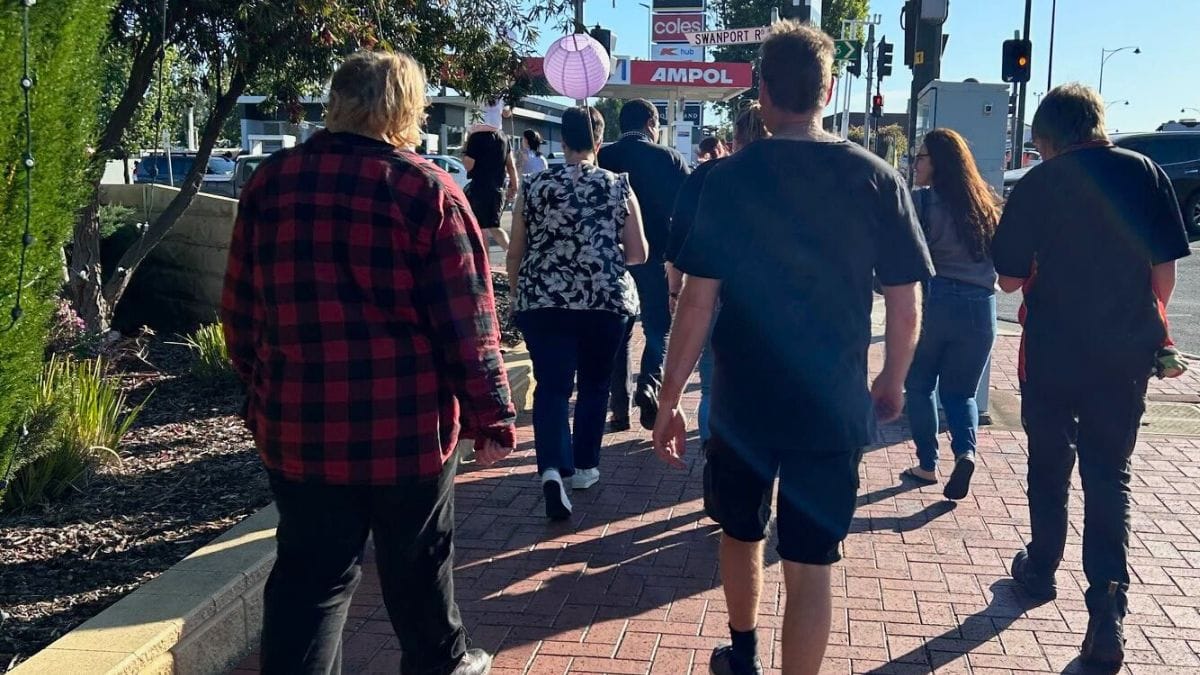
Mr Pasin spoke passionately at the rally in support of the initiative.
"Family violence in any form is abhorrent," he said.
"Home should be a safe place; it shouldn’t be where this behaviour, in many forms, is allowed to reside."
Mr Pederick said keeping women and children safe from sexual, financial, emotional and physical violence was a high priority.
"People need to feel safe, especially if they are going out at night," he said.
He talked about training programs being run in SA prisons to help change behaviours, and make perpetrators understand the toll it took.
Programs were also being run in the state's primary schools to help break down the gendered stereotypes that could lead to violence at an older age, he said.
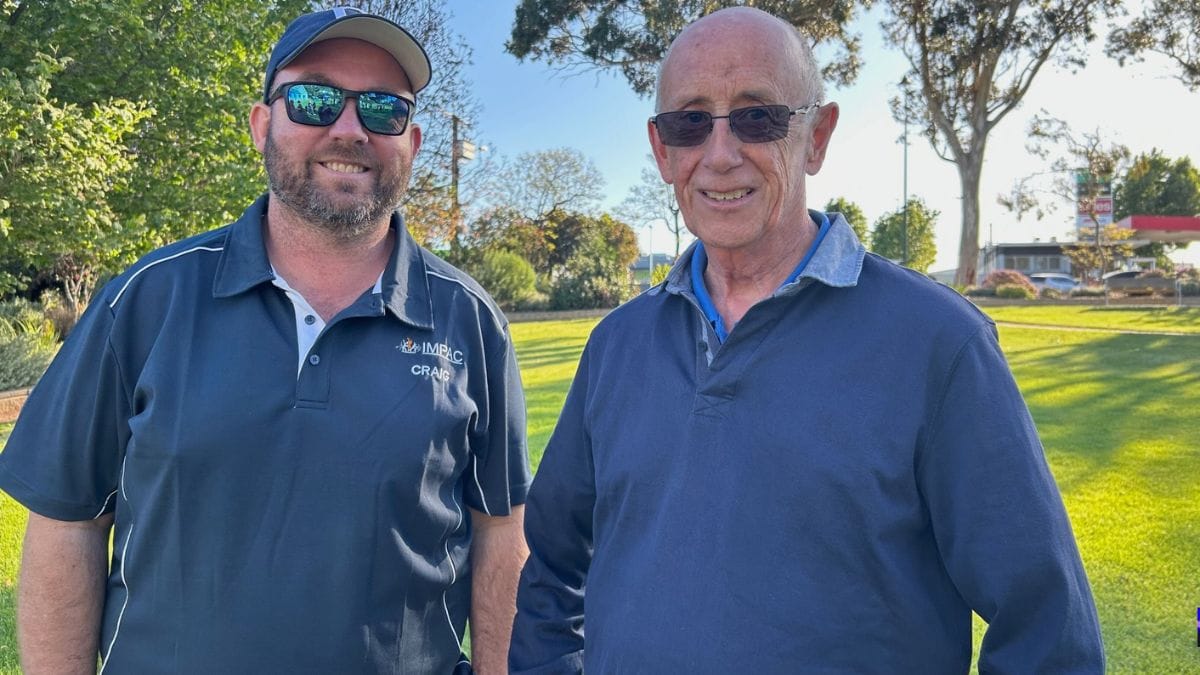
SA Police define domestic and family violence as "a pattern of abusive behaviour by one person against another".
According to the Australian Bureau of Statistics, an estimated eight million Australians have experienced violence since the age of 15.
Domestic and family violence can include:
- physical and sexual violence
- violence, emotional abuse, and economic abuse by a cohabiting partner
- stalking
- sexual harassment
- childhood abuse and witnessing parental violence
- elder abuse abuse of people with disabilities
- use of pets as a tool to coerce victims
It accounts for more than one in two police call-outs in South Australia and it is believed that only around 50 per cent of incidents are ever reported to authorities.
The rates of violence in Indigenous communities are estimated to be from 32% to 80% higher than for the rest of society.
Among all people in Australia who have suffered violence, nearly all have experienced violence from a male perpetrator: 95% of male victims and 94% of female victims.
- Get help: Visit the Haven at Murray Bridge Community Centre between 9am and 4pm on weekdays, or the DVINA Centre at 1 Standen Street, Murray Bridge; call the Domestic Violence Crisis Line on 1800 737 732, or Murray Mallee Adelaide Hills Domestic Violence Service on 8228 8960; or, in an emergency, dial 000.

